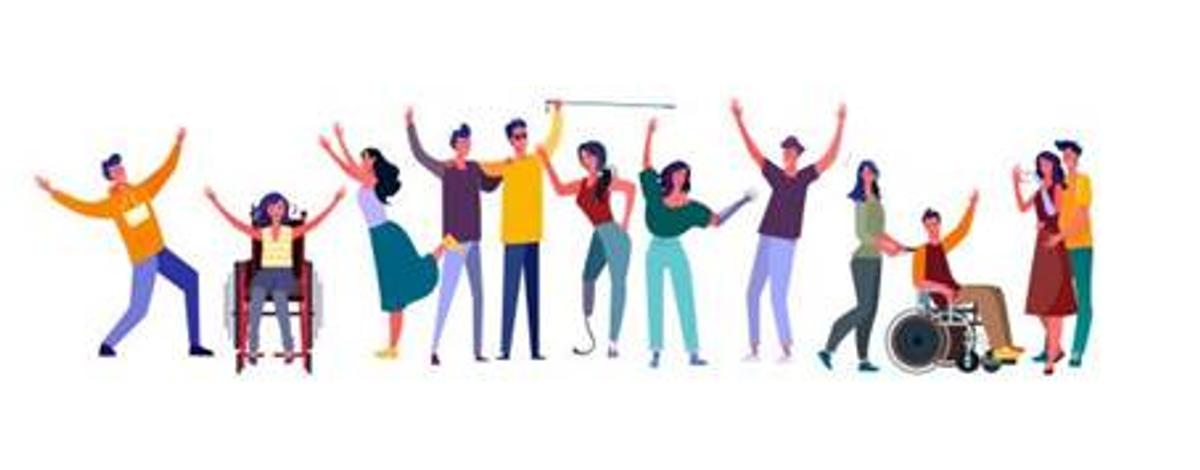Disability Inclusion

Supporting Every Student: An Update on Disability Inclusion
Our commitment is simple: We support students with disabilities and partner with families. At Homestead every student belongs, and we strive to create an environment where all can learn, thrive, and achieve their full potential.
What is Disability Inclusion?
Disability Inclusion (DI) is about ensuring all students can fully access the curriculum at their capacity and participate in school life. For us, this means providing the necessary adjustments and accommodations to support students to succeed.
How we support our students
We employ a range of strategies and scaffolds tailored to individual student needs.
Disability Inclusion Profiles (DIPs) and funding meetings: A strengths-based tool, DIPs are developed collaboratively with families and school staff to identify a student's unique needs and the adjustments required for them to participate to their full potential at Homestead. The DIP helps us ensure your child receives the right support, resources to thrive, and funding where required
Individual Education Plans (IEPs): Many students with disabilities will have an Individual Education Plan (IEP). This is a personalised document developed collaboratively with parents, students, and staff, outlining specific goals, teaching strategies, and necessary adjustments to support their learning journey
Reasonable Adjustments: These are practical accommodations that help students access their education. Examples include:
Classroom adjustments: like modified seating, assistive technology, differentiated tasks, or visual aids.
Assessment adjustments: such a quiet space for tests or exams, alternative assessment formats, or rest breaks during assessments.
Wellbeing support: including access to our dedicated wellbeing team or participation in social skills programs such as our Social Connections Club.
Dedicated Support Staff: Our school has a wonderful team of professionals who work directly with students. This includes our Education Support (ES) staff, our Wellbeing Coordinators, and any specialist teachers who may be involved.
Collaborating with External Supports: If your child receives regular external support (such as from an OT, speech therapist, or psychologist), we would love to partner with these professionals. By opening a dialogue, we can best mirror strategies used at home and in school. This consistency helps enhance student understanding and maximise student progress.
- Comprehensive career counselling and pathways planning: For our senior students, a key focus is preparing for life after school. Term 3 brings career counselling to Homestead. Whether VCE or VCE VM is their pathway, student conversations are held to work out the best way for your child. We also support with connections to external agencies such as the NDIS, employment services, TAFE, and universities. Opportunities for work experience to develop essential skills are available through our VCE VM program in Years 11 and 12.
Partnering with Our Families
We truly believe that parents are our most important partners in your child's education. Your insights and collaboration are invaluable.
We encourage open communication with the school. Please feel free to reach out to your child's classroom teacher for day-to-day learning queries, or to me as the Disability Inclusion Leader for broader inclusion strategies. Our wellbeing team is also available for social-emotional support for all students.
We regularly schedule Parent-Teacher Conversations and Student Support Group meetings, with a focus on IEP reviews, to discuss your child's progress and planning.
To best support our students, we kindly invite parents to send through any allied health reports (speech or occupational therapy, psychology etc) which will be beneficial to ensure consistent support for your child.
Contact
Please don't hesitate to contact me if you have any questions or would like to discuss your child's support further. My email is katie.jaz@education.vic.gov.au and you can reach me by phone at 7379 9600.

